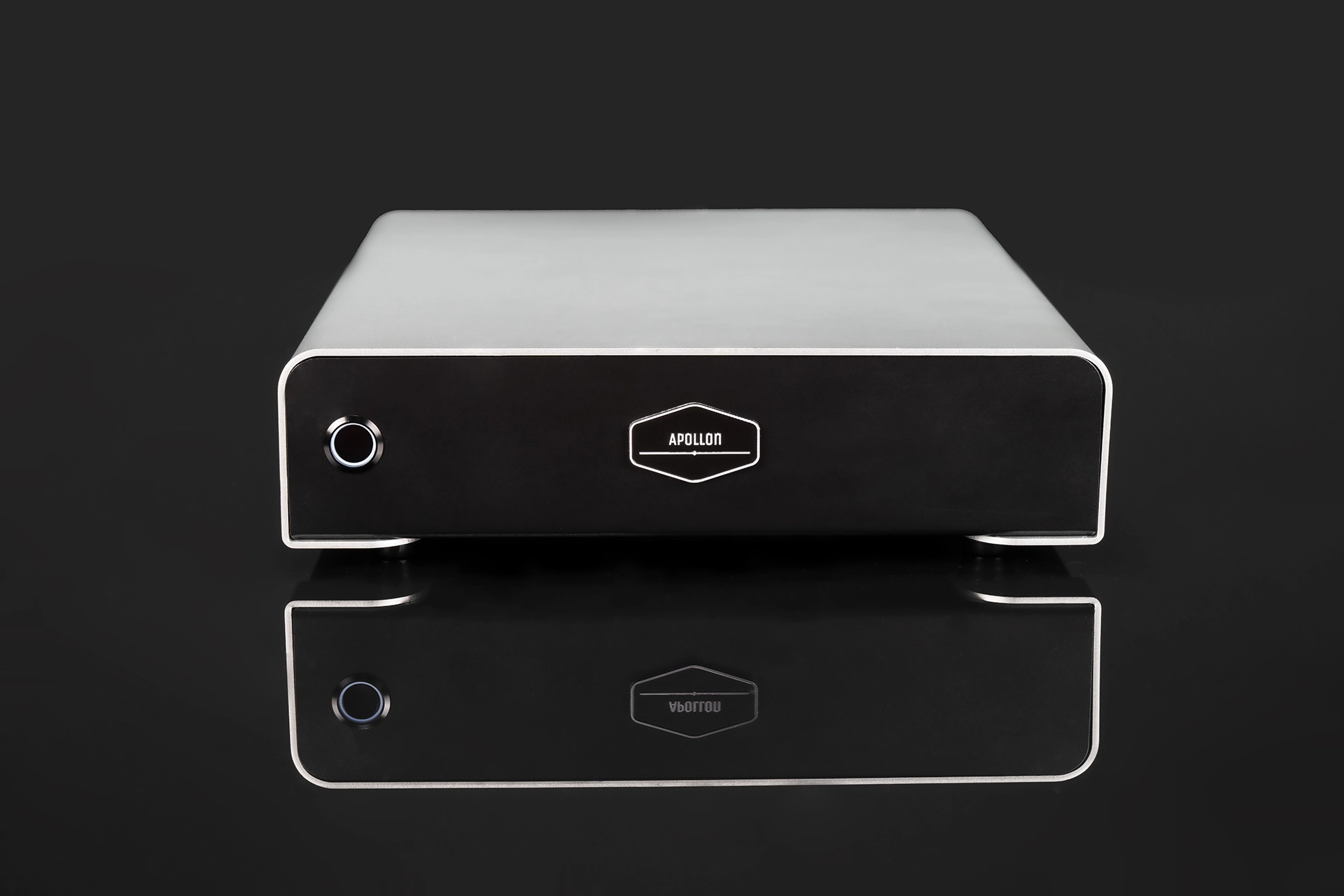existingbrain
Member
- Joined
- Jan 5, 2024
- Messages
- 10
- Likes
- 1
Hello all, I would like to use a Hypex (or Purifi) based power amp such as the Apollon Hypex NCx500 ST NCOREx Stereo Amplifier (https://apollonaudio.com/product/hypex-ncx500-ncorex-st-stereo-amplifier/) connected to the pre-out of my Yamaha RN800A which outputs at 1 Volt. I've read in numerous places that 1V is not sufficient to fully harness the max wattage of some power amps, in this case 380W at 8ohm and 600W at 4ohm. I tried to read up on the various technical reasons this might be and it's hurting my brain, so was hoping someone could explain it like I'm 5. Thanks!

